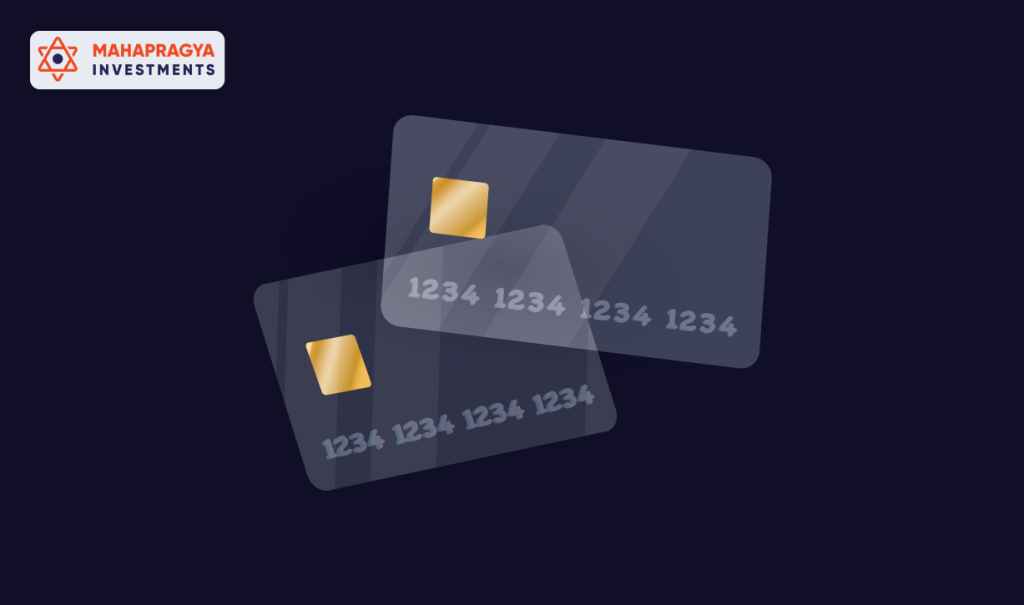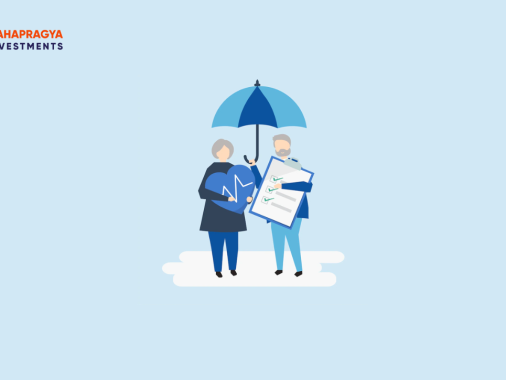
We all make financial blunders. When it comes to credit cards, every consumer may make a substantial number of poor mistakes. Here is a list of the ten most common credit card mistakes made by cardholders. Hopefully, you will be able to learn from the errors of others and avoid financial hardship.
1. Getting an Excessive Number of Credit Cards at Once
This is a typical trap. Credit card firms constantly push new credit cards, programs, and incentives and market their credit cards everywhere. Do not apply for multiple credit cards simultaneously. This may raise a red flag on your credit record, making you appear to be a high-risk consumer. Furthermore, it might reduce your credit score.
We never advocate canceling an existing account when a new card is released, as account history and age are factors in your credit score. If the replacement card you desire is issued by the same firm, call your credit card provider and ask them to change your card type. All of this is handled internally, and although you may not receive the new special offer, you will receive the replacement card you requested.
2. Obtaining The Wrong Type Of Card
Numerous customers obtain a new credit card for improper reasons. When you need a new card, your selection should not be dependent on TV advertising. Rather, you should determine why you need a new card and conduct an extensive study on the various possibilities before making a selection.
During the introductory period, should you transfer a balance from a high-interest card to a low-interest card? Do you require a credit card with a low continuing interest rate? A card for the workplace? These are all appropriate reasons to obtain a new card. However, it is essential to conduct research and evaluate offers in order to obtain the finest credit card for your particular financial position.
3. Making Minimum Payments
This is one of the most common consumer errors. You spent ₹80,000 and then realize that your minimum monthly payment is simply ₹2,500. You might wind up paying a ludicrous amount of money in interest over the years, despite the fact that it looks appealing.
Rather than carrying a balance from one month to the next, try to pay off your credit card in whole and on time each month. Alternatively, pay off as much as you can each month. Never fall prey to the lure of paying only the bare minimum. While it is a good idea to set away additional funds each month in a savings account, keep in mind that most savings accounts yield a fraction of the interest you pay on your credit card bill. It may be more prudent to pay off your credit card balance first and save on the interest costs.
4. Monthly Failure To Review Your Statement
It is normal practice for individuals to get their billing statement and pay their charge without first studying it. Credit card fraud is a widespread occurrence in today’s society. In addition, errors sometimes occur, and sometimes payments are improperly handled. Review your credit card statement each month to check that all charges are accurate, approved, and that payments have been paid on time and in the proper amount. This will save you money and prevent identity theft-related credit score damage.
5. Spending More Than You Can Afford
You should only charge an item if you can pay for it in whole and on time when your credit card bill is due. Otherwise, you will incur astronomical interest charges on the remaining debt. It may be tempting to purchase the latest must-have item, but if you cannot pay it off when the bill arrives, it is not financially worthwhile.
6. Obtaining A Card Inappropriately
Many individuals are enticed to apply for credit cards by the advertisement’s bold claims. It may be the cash-back bonus or the additional miles gained when signing up for a certain card. However, do not fall for imaginative advertising strategies. It is essential to obtain a card for the proper reasons. Determine what you need in a credit card, and then seek the card that best meets those requirements.
7. Involuntary Application For A Card
Every time we enter a department shop, the cashier asks if we would like to save 10% by applying for the store’s credit card. In the grand scheme of things, a 10% discount on a single purchase will not amount to much, especially considering the high-interest rates on retail credit cards.
Every time you apply for a new credit card, you should take the time to study and compare cards from many issuers. Never spontaneously apply for a credit card in a department shop or in response to an advertisement. Before applying for a new card, make sure to thoroughly investigate all the facts.
8. Utilizing Advance Cash
Obtaining a cash advance on a credit card is one of the gravest card-related blunders that may be made. Cash advances often carry a higher rate of interest than your standard rate. Additionally, it is rarely a smart idea to spend money you do not currently own. It is simple to accrue hundreds or even thousands of dollars in cash advance interest fees. Use them only in real emergencies.
9. Going Beyond Your Credit Limit
In addition to being a poor financial decision, exceeding your credit limit might harm your credit score. Even exceeding your credit limit will lower your credit score. Your debt utilization ratio is one of the primary criteria that determine your credit score. Never hold a balance that exceeds 30 percent of your available credit. Therefore, if your card has a ₹1,00,000 credit limit, you should spend no more than ₹30,000 every month.
10. Not Examining The Small Print
Every credit card contract contains fine print. It is crucial that you read and comprehend the card’s terms and conditions. You must be aware of the terms of the promotional interest rates and point-earning restrictions. These details are difficult to comprehend and tedious to read, yet they explain the genuine facts.
These 10 mistakes are committed annually by millions of credit card holders. You may be able to save money by avoiding some of these traps if you are alert and vigilant.






